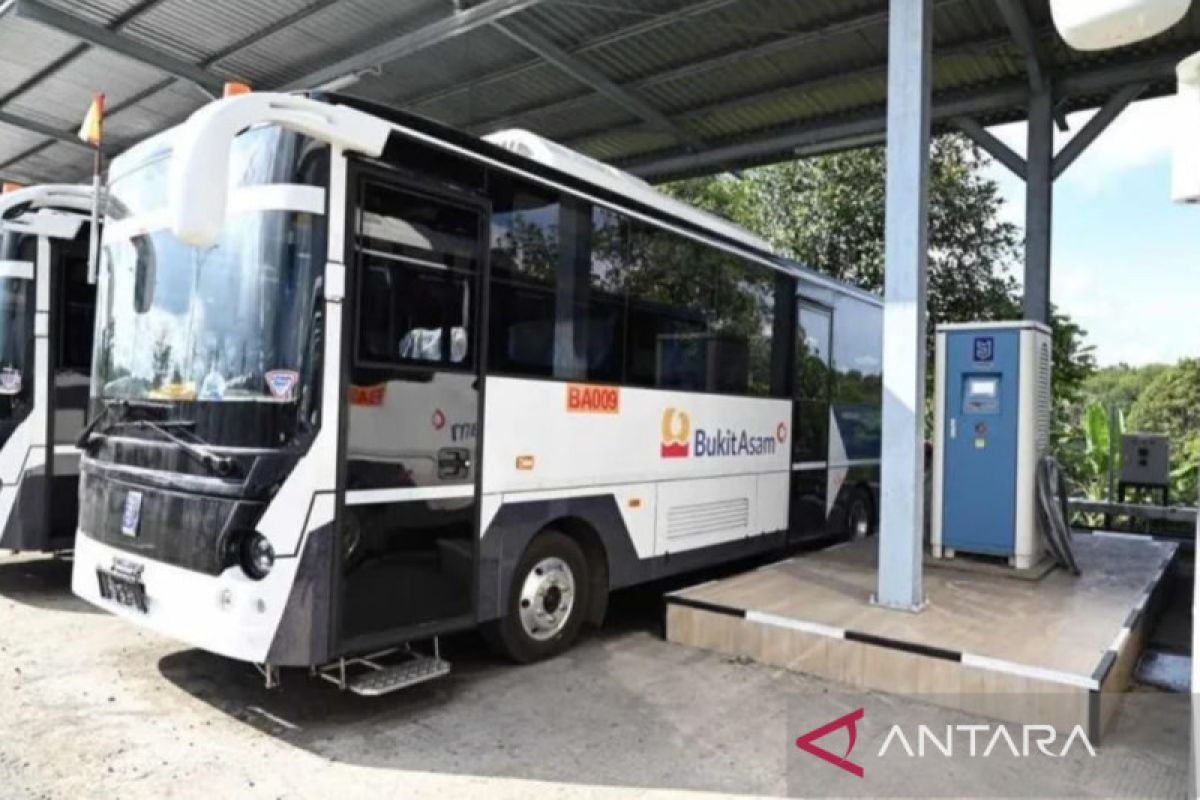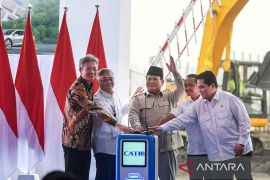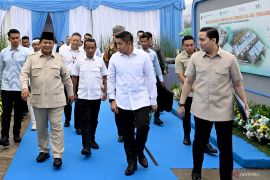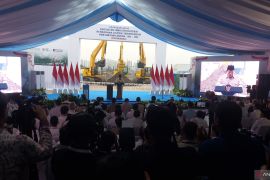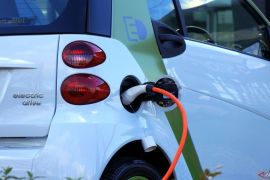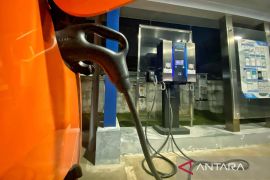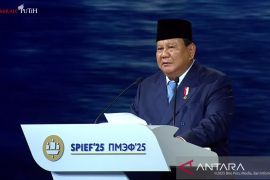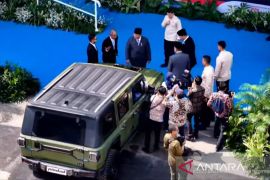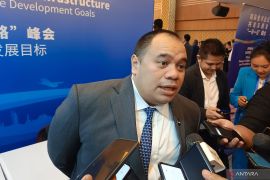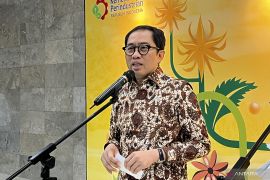The government has issued several policies related to battery-based EVs to help consumers transition to EVs easily, infrastructure and transportation coordination deputy at the ministry, Rachmat Kaimuddin, said.
The policies include a lower tax for EVs, assistance, and odd-even rule exemption for EV users, he informed in a statement issued on Friday.
"We will try to ensure that the automotive sector is ready and able to carry out the required adaptation process," he added.
In the future, the government will also strive to add more conveniences to improve people’s interest in the EV transformation.
In addition to ensuring the sustainability of the automotive sector, the transformation could support an improvement in air quality and encourage the use of domestic natural resources as transportation energy sources, Kaimuddin pointed out.
Mass adoption of EVs has become one of the key components of Indonesia's energy transition journey, which has become inevitable.
This is because Indonesia has committed to achieving the net-zero emission target by 2060 or earlier, which aligns with the global commitment on handling climate change.
The urgency of net zero has driven countries producing fuel oil vehicles to restrict the sales of those vehicles.
Countries such as the United States, the European Union, the United Kingdom, and China have announced plans to restrict the sales of new fuel oil vehicles from 2035.
The US state of California has already approved the fuel oil vehicle sales ban officially.
"In conducting the energy transition, the government will not only consider policies from overseas, but also the condition in Indonesia. We will review and decide accurate and appropriate policies and time for Indonesia," Kaimuddin said.
At the same time, strategic steps need to be taken toward achieving net-zero status by 2060 or earlier, by which time the transportation sector must be made free from emissions, he highlighted.
"This is so that the automotive sector transition process for producers, workshops, to consumers can proceed in a just and inclusive manner," he explained.
Related news: EV owners just take 20 mins to charge batteries at PLN's new station
Related news: BPPT ensures standardization of EV charging stations
Translator: Ade irma Junida, Fadhli Ruhman
Editor: Rahmad Nasution
Copyright © ANTARA 2023
